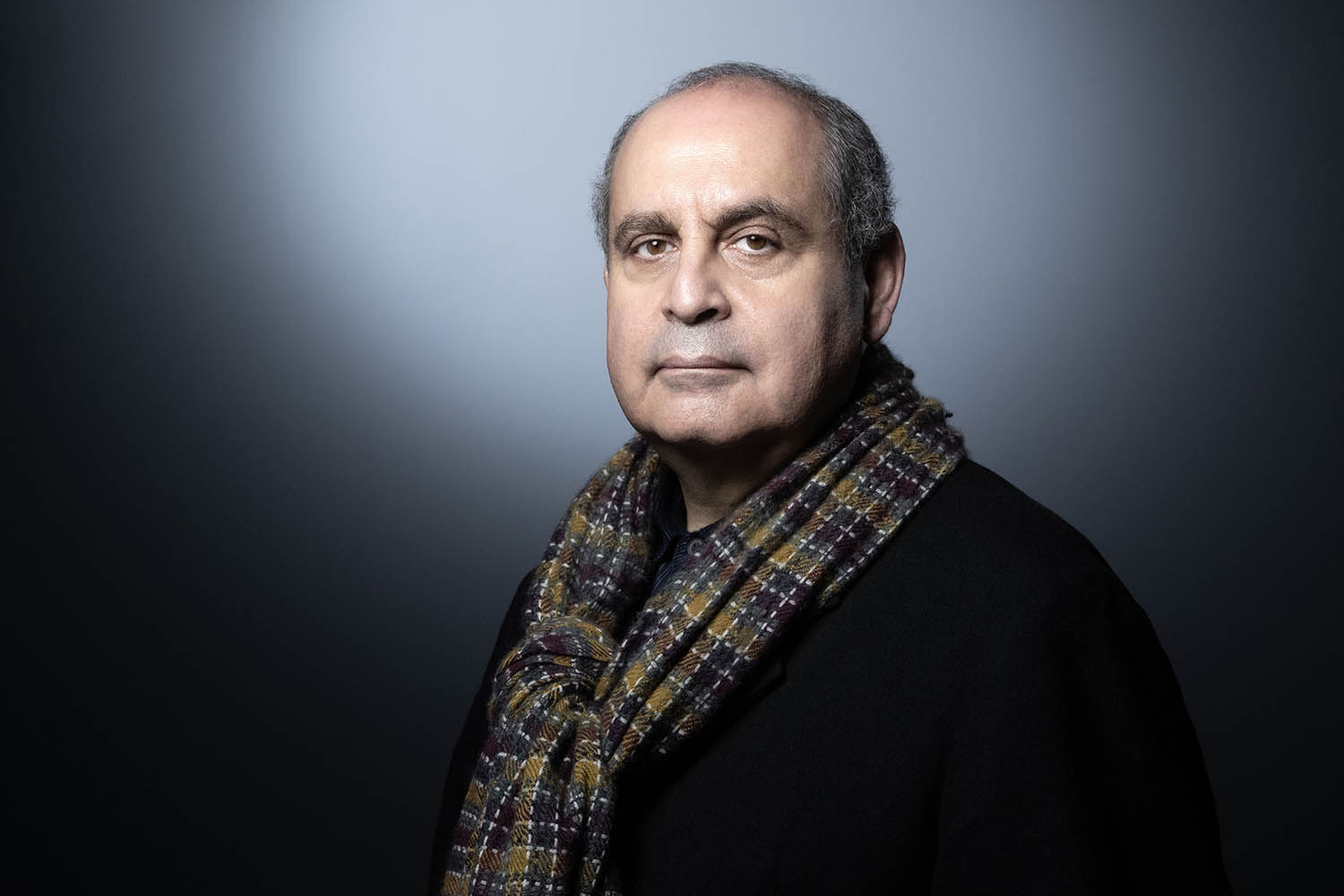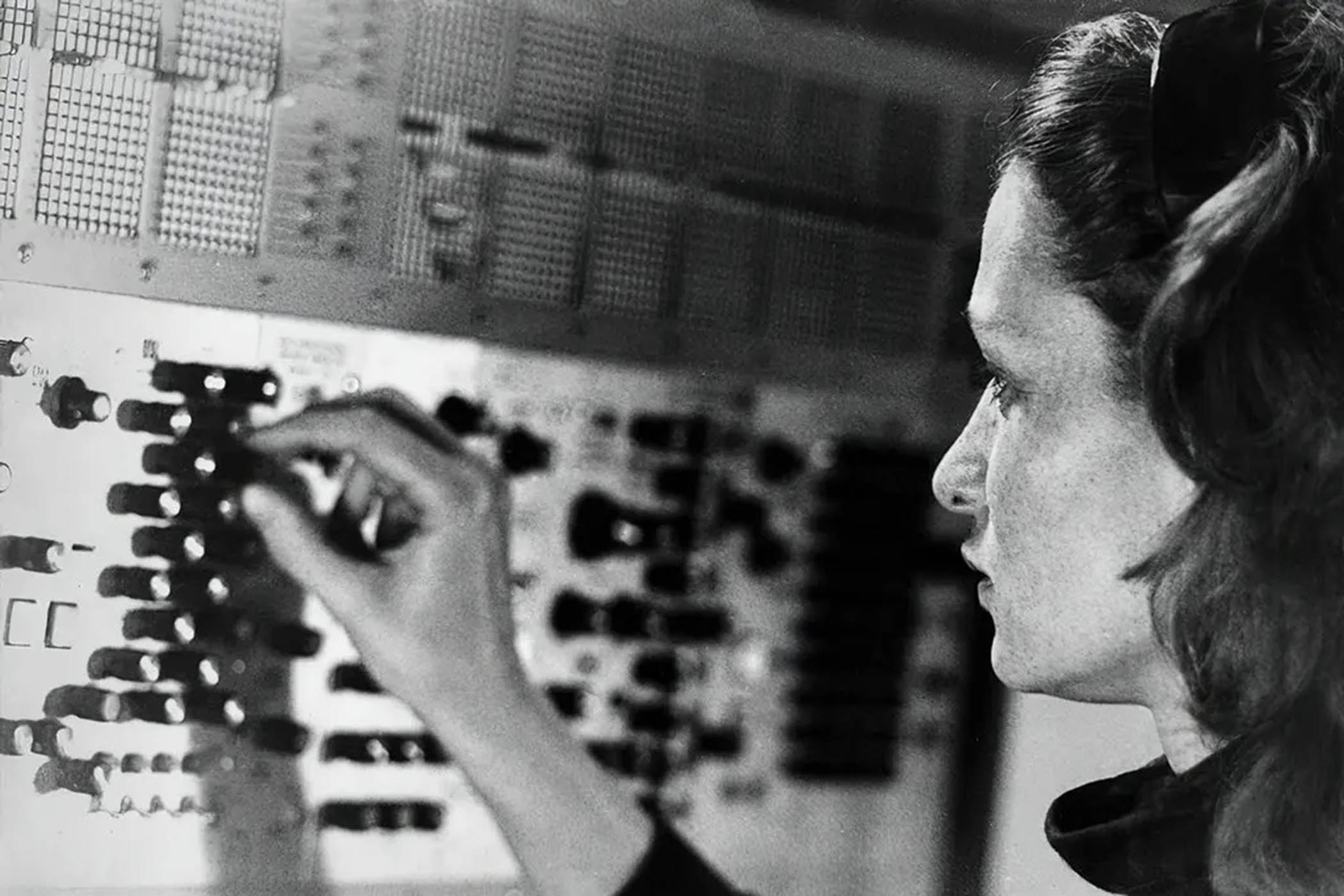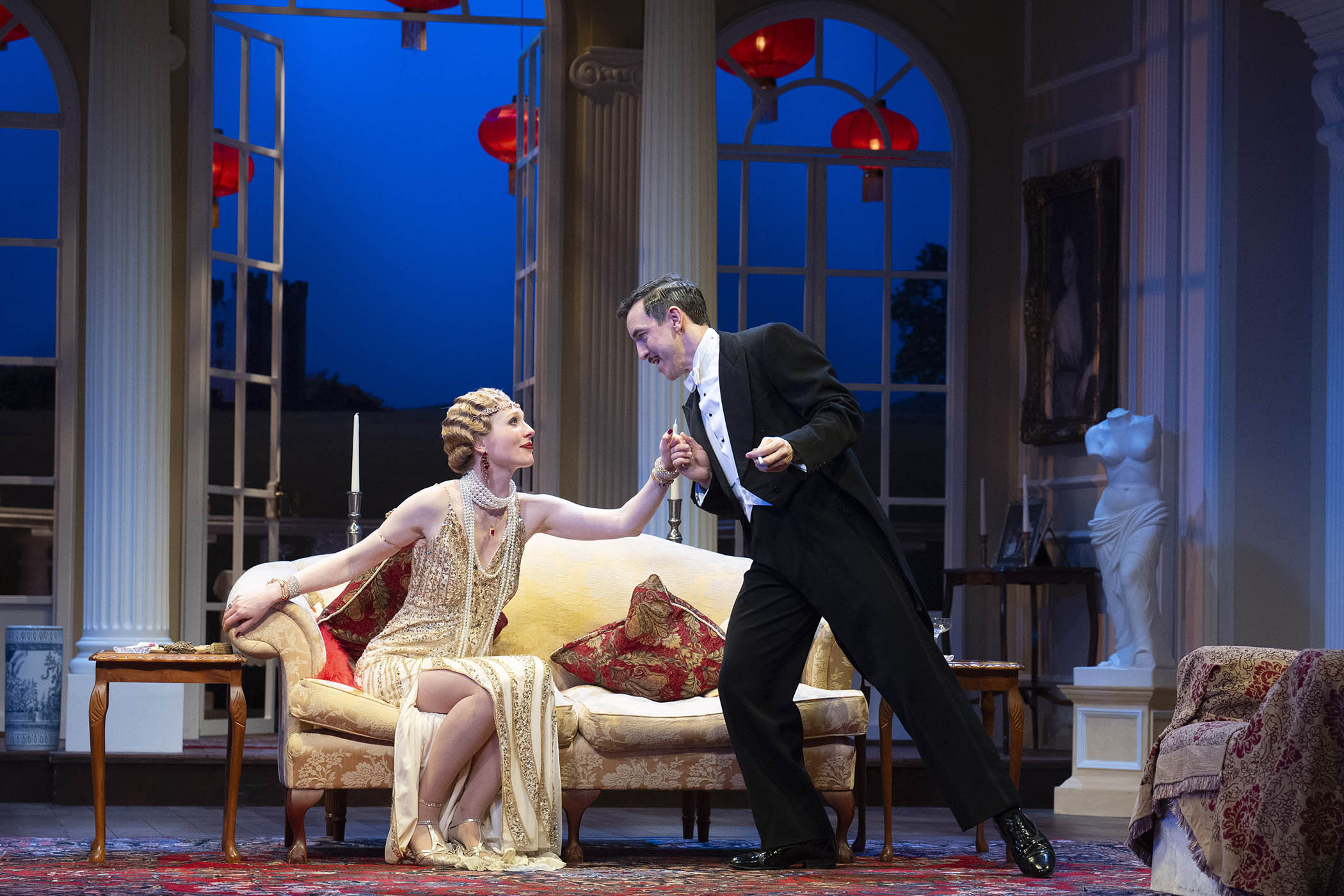Pierre Audi shifts from foot to foot. An unconscious gesture indicating inner weather. Frequently a carefully suppressed excitement about a new idea or a demand for a response. He is doing it now – it’s 1986. We are standing in Upper Street in Islington, North London, outside a button shop that no longer exists run by a man in his 80s wearing a beige housecoat – a shop that stood next to a door that lead, at that time, to the offices and the small rehearsal room of the Almeida theatre.
Pierre gazes at me with eyes that paradoxically show both a kind of childlike excitement and impatience for a reply.
I look at him and pause.
“15 weeks?”
“Yes.”
“You’re offering the theatre to us [Théâtre de Complicité] for 15 weeks? For free?”
‘To do whatever you want.”
“Dunno what we would do. Feels risky.”
Pierre shrugged his shoulders. His large brown sensitive eyes, watching my reaction. “What else is this building for?”
“When next year?”
Newsletters
Choose the newsletters you want to receive
View more
For information about how The Observer protects your data, read our Privacy Policy
“Autumn 87.”
1987. The Channel Tunnel, a dream since Napoleonic times, had begun to be dug, Thatcher was about to be elected for her final terrible, brutal session, and Pierre Audi was already realising that seven years of indomitable experimental programming at the Almeida, which he had created from an abandoned factory for carnival novelty was, maybe, about to come to an end. Well, an end for him.
Pierre Audi was barely 20 when, in the late 1970s, he began to conceive of turning this derelict building into a performance space. He already seemed so much older than me, such was his confidence. He prowled the corridors of the Greater London Council (GLC) persuading, cajoling, proselytising fervently for resistance through radical art.
He showed me the bricks, the rotting interior, and demanded that I go to the Bouffes du Nord [Peter Brook’s experimental theatre] once I had moved to Paris to see how an empty space could yield possibilities for things that had not yet been invented.
By the time I arrived back from Paris in 1983, the theatre was still barely habitable – but completely inhabited. Possibilities were already realities and changing perceptions. About theatre. And also music. On the phone this week, Lisa Wilson, a longtime early collaborator on the creation of The Almeida International Festival of Contemporary Music and Performance, reels off a list of composers who played at this tiny freezing venue in then down-at-heel Islington.
“Pierre was always way, way ahead of everyone else, with an unbelievable intuition and nose for discovery,” she recalls, “There was an evening of Arvo Pärt, a composer who in 1984 no one had any idea about. I was tasked with the Russians, because I had lived there and spoke Russian. [Alfred] Schnittke, Sofia Gubaidulina, Edison Denisov and then people such as Alexander Raskatov, [Valentin] Silvestrov, the great cellist Natalia Gutman… and Yuri Lyubimov [the founder and director of the Taganka Theatre in Moscow]; he was invited in 1983, to make a version of Crime and Punishment.”
I am transported back there as she says these words. Crime and Punishment was extraordinary. And he followed it up with The Possessed, whose set consisted of walls of rubber strips through which emerged the startled faces of actors Nigel Terry, Michael Feast and Harriet Walter, performing with an utterly believable yet grotesque violence that was unlike anything else on the London stage. I was transfixed and went five times. Lyubimov walked off with the Evening Standard award for best director.
“And while doing so,” Wilson recalls, “he defected and was then stripped of his Soviet citizenship. He ended up staying on Pierre’s floor with his wife and family … I’m not sure how long that lasted.”
What did last were the memories of evenings with Steve Reich, Philip Glass, Lou Harrison, Conlon Nancarrow, Morton Feldman, Elliott Carter, Virgil Thomson, Frederic Rzewski, the extraordinary Canadian composer Claude Vivier, Toru Takemitsu, Giacinto Scelsi, Michael Finnissy, Somei Satoh, Akio Suzuki, Takehisa Kosugi and on and on.
Pierre’s immense gift was simply to create space. (Space: Noun. The unlimited or incalculably great three-dimensional realm or expanse in which all material objects are located and all events occur.) Space for work that had no space elsewhere. Which people sometimes didn’t even know they wanted, let alone needed. He searched. He shaped. He encouraged. He observed. He challenged. And, above all, he created time for creativity and innovation. Challenging conventional thinking not for its own sake but because imperfection is inimical to growth.
In truth, Britain has always been insular. But in making the Almeida, from the outset, Pierre worked across boundaries and frontiers. With family origins in Lebanon and Syria he knew the impermanence and meaninglessness of arbitrary frontiers. He welcomed Peter Brook, Yoshi Oida, Bruce Myers and Europeans such as Jérôme Deschamps or Heiner Müller, and North Africans such as François Abu Salem as well as the Quebecois Robert Lepage while also offering shelter to homegrown seekers such as Phelim McDermott, Deborah Warner and many others. In 1985, Ástor Piazzolla, Argentine (remember what that meant in Thatcher’s split Britain?) tango composer and bandoneón player, made a week-long appearance with his Quinteto Nuevo Tango.
Pierre did all this not to make money nor even truly to make a name for himself, but from a dedication to something else.
He shifts from foot to foot.
“Well…?”, he says with a very particular – wuh-elle – accent. Like his foot-shifting, it demands a response. “I am probably coming to an end here. With this government only interested in profit, they will close down the GLC, so they are spending every last cent housing, renovating, supporting, making this possible. In the future it will not be.”
“OK,” I reply. “We’ll do all the shows we have done, plus several new ones … say 13 shows in 15 weeks?’
Pierre stops moving. “Do a play as well.”
“Hmmm … OK … and maybe we want to paint the outside of the building. And then I think we are done with the company.”
He laughs as he breathes in. I can hear it now as I write this.
“We’ll see,” he says.
And that is what he could do. He saw. He deserved that much-misused, misplaced epithet: he was a visionary. And I am so grateful for that vision.
Pierre Audi, founder of the Almeida theatre, born 9 November 1957, died 3 May 2025
Photograph by Joel Saget/AFP via Getty Images


